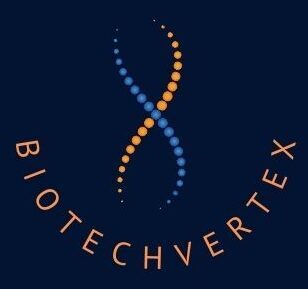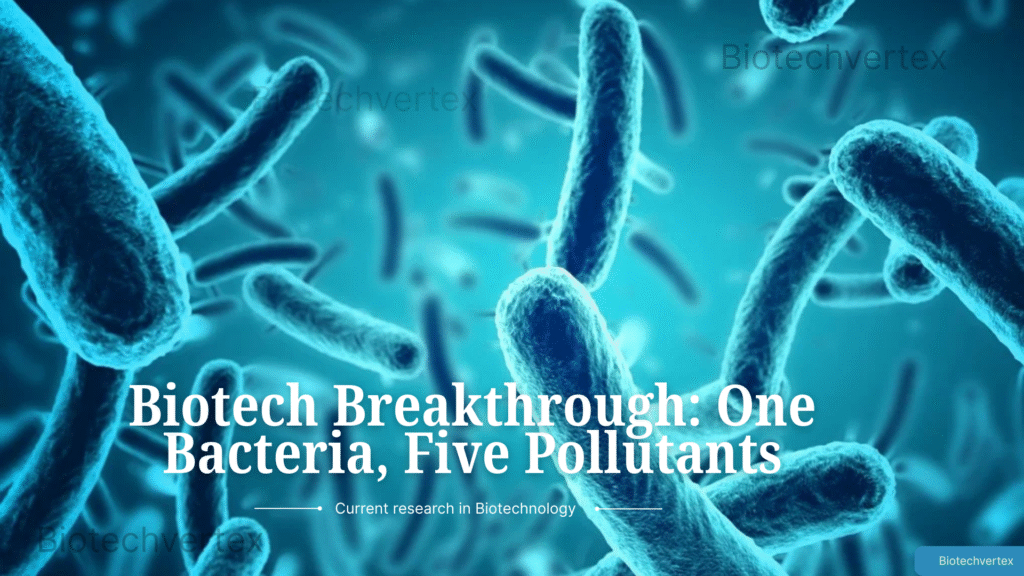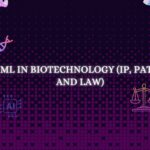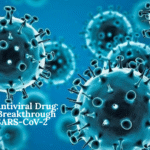As pollution raising, our science is reaching the top with all its embraced solutions to deal with it. Biotechnology is spreading its wings towards the environment by developing new technology. Currently, a research team in China has developed genetically modified bacteria that can degrade five types of organic pollutants simultaneously. Not only that, but it also has the potential to clean marine oil spills and industrial wastewater treatment.
Lead researcher Dai Junbia and his joint research team from Shenzhen Institutes of Advanced Technology under the Chinese Academy of Sciences, and Shanghai Jiao Tong University, explains all about the high efficiency of engineered strain in decomposing and degrading complex pollutants.
How does this novel bacterium degrade saline wastewater?
Saline wastewater, well known as Brine, is mainly composed of polluted water from the industries and chemical processing & extraction plants. It also contains a high concentration of dissolved salts, suspended solids, oil sludge, heavy metals, radioactive waste, toxicants, excessively potent carcinogenic chemicals, and other organic compounds as pollutants.
Although normal microbes can degrade some portion of the saline wastewater. However, non-engineered microbes are capable of some salts. But when they confront other pollutants, they turn ineffective.
To address this problem, researchers modify the single bacterium, Vibrio natriegens‘ ability to degrade the pollutants using synthetic biology and recombinant DNA technology. By inserting five gene clusters via genetic modification, bacteria become capable of degrading five organic pollutants, including biphenyl, phenol, naphthalene, dibenzofuran, and toluene.
Normal bacterial strains can degrade only one or two pollutants specifically. But with novel engineering, new bacteria can completely break down biphenyl, 60% of each five pollutants, and 90% deterioration of other pollutants such as toluene and dibenzofuran. Synthetic biology has allowed the bacteria to construct a unique artificial metabolic pathway within a single strain.
Lead researcher Dai Junbiao further adds,” This novel research will play a predominant role in ecological and environmental protection. It will prove as a better step towards combating pollution, wastewater treatment, oil spill cleanup, and chemical site cleanup.
Reference: https://www.nature.com/articles/d41586-025-01371-x#:~:text=07%20May%202025-,Engineered%20bacteria%20can%20degrade%20five%20wastewater%20pollutants%20at%20the%20same,waste%20water%20and%20saline%20soil.



